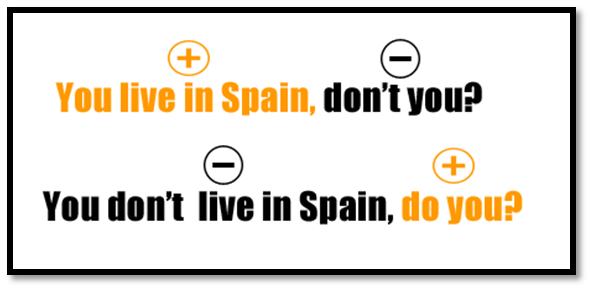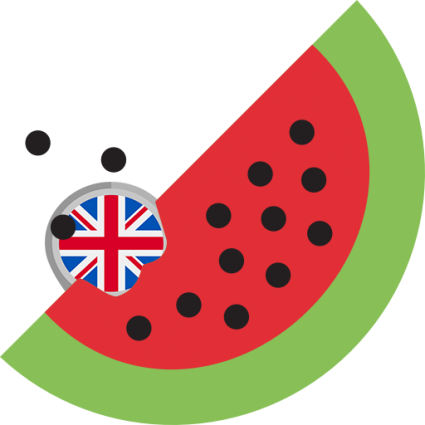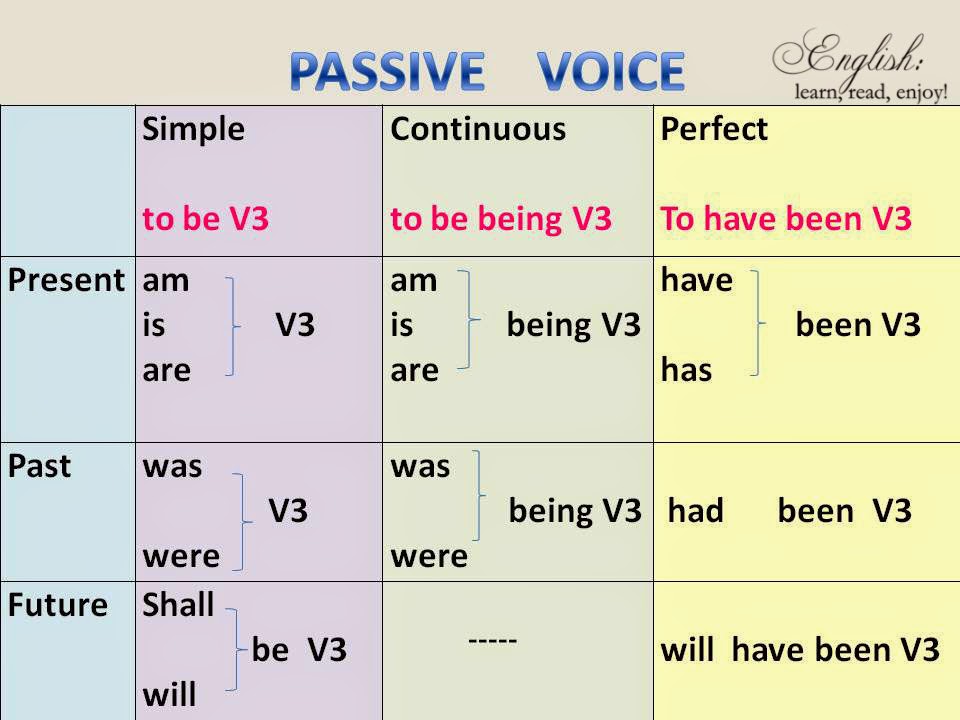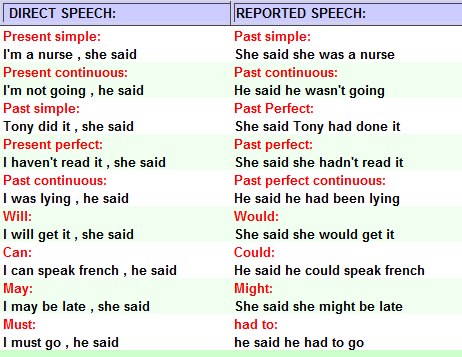Let's learn Tag questions
Tag questions (or question tags) turn a statement into a question. They are often used for checking information that we think we know is true.
Tag questions are made using an auxiliary verb (for example: be or have) and a subject pronoun (for example: I, you, she). Negative question tags are usually contracted: It's warm today, isn't it (not 'is it not'
Usually if the main clause is positive, the question tag is negative, and if the main clause is negative, it's positive. For example: It's cold (positive), isn't it (negative)? And: It isn't cold (negative), is it (positive)?
If the main clause has an auxiliary verb in it, you use the same verb in the tag question. If there is no auxiliary verb (in the present simple and past simple) use do / does / did (just like when you make a normal question).
There is one weird exception: the question tag after I am is aren't I.
For example: I'm in charge of the food, aren't I?
Postive sentences, with negative tags
Present simple 'be' She's Italian, isn't she?
Present simple other verbs They live in London, don't they?
Present continuous. We're working tomorrow, aren't we?
Past simple 'be' It was cold yesterday, wasn't it?
Past simple other verbs He went to the party last night, didn't he?
Past continuous We were waiting at the station, weren't we?
Present perfect They've been to Japan, haven't they?
Present perfect continuous She's been studying a lot recently, hasn't she?
Past perfect He had forgotten his wallet, hadn't he?
Past perfect continuous We'd been working, hadn't we?
Future simple She'll come at six, won't she?
Future continuous They'll be arriving soon, won't they?
Future perfect They'll have finished before nine, won't they?
Future perfect continuous She'll have been cooking all day, won't she?
Modals He can help, can't he?
Modals John must stay, mustn't he?
Negative sentences, with positive tags
Present simple 'be' We aren't late, are we?
Present simple other verbs She doesn't have any children, does she?
Present continuous The bus isn't coming, is it?
Past simple 'be' She wasn't at home yesterday, was she?
Past simple other verbs They didn't go out last Sunday, did they?
Past continuous You weren't sleeping, were you?
Present perfect She hasn't eaten all the cake, has she?
Present perfect continuous He hasn't been running in this weather, has he?
Past perfect We hadn't been to London before, had we?
Past perfect continuous You hadn't been sleeping, had you?
Future simple They won't be late, will they?
Future continuous He'll be studying tonight, won't he?
Future perfect She won't have left work before six, will she?
Future perfect continuous . He won't have been travelling all day, will he?
Modals. She can't speak Arabic, can she?
Modals. They mustn't come early, must they?





